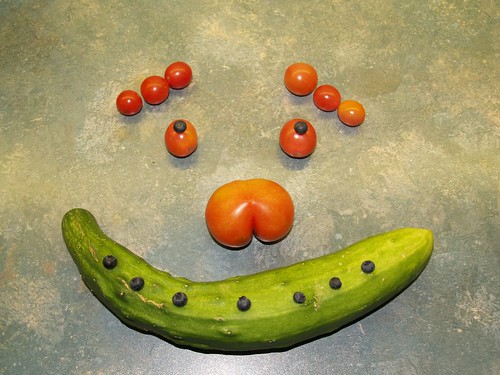In a recently published study where volunteer participants with cognitive issues consumed wild blueberries daily for six months, it was found that the speed at which the participants could process information increased. Cognitive processing speed is defined as the speed at which our brains process information and use it to help us operate effectively in the world – a basic cognitive ability that is known to decrease with advancing age. The findings from this double-blind, placebo-controlled, randomized clinical trial were just published in Nutritional Neuroscience, an International Journal on Nutrition, Diet, and Nervous System. (1)
NEW Research on Wild Blueberries & Cognitive Function
There has been great scientific interest in the possible link between blueberries and cognition since 1999, when initial studies were first published. Collective evidence over the 20+ years that scientists have been examining various facets of the blueberry-brain relationship suggests that the tiny blue fruit does have brain-healthy characteristics, and that eating blueberries daily may be a practical and effective way to help maintain cognitive health.
This most recent study, conducted by Carol L. Cheatham, Ph.D., Associate Professor of Psychology and Neuroscience, and her team at the University of North Carolina at Chapel Hill’s Nutrition Research Institute (NRI), focused on the impact of daily wild blueberry consumption over a period of 6 months—the longest and largest cognitive intervention study on wild blueberries to date. Dr. Cheatham and her team carefully screened older adults (age 65-80yr) according to presence and degree of cognitive impairment, as well as things like age and gender. A reference group of 43 individuals had no cognitive impairment, and 86 individuals who were experiencing cognitive decline were divided into either the wild blueberry powder group or the placebo powder group. Participants were instructed to consume the powder daily and monitored monthly. At the end of the 6 months, multiple cognitive tests were given to the participants, including ERP testing, which involves placing electrodes on the scalp to reveal electrical signals from the brain during cognitive tasks.
The Results:
Analysis of the large amount of data Dr. Cheatham obtained during the study revealed that processing speed did improve in those participants who received the wild blueberry treatment, and that the greatest effect was in those aged 70-74. This finding suggests that not only do there appear to be cognitive effects from consuming the berries themselves, but that their consumption over time may also be an important factor.
Dr. Cheatham, who consumes wild blueberries daily for her own brain health, had this to say about the results: “Eating wild blueberries to prevent cognitive decline seems preferable to waiting until after the brain starts to suffer from aging. Now that we know daily consumption of wild blueberries can help with cognitive decline, we are keen to study whether consumption can also prevent decline if started when the brain is still young and healthy. I know I wish I would have started earlier. Eat wild early and often!”
Brain-boosting Benefits For All Ages
The foods we choose to eat can impact our cognitive health and brain function. Although the results in this study were most pronounced in the 70-74 years old age group, previous research indicates that there are cognitive benefits from wild blueberry consumption for people in other age groups as well, such as children as young as 7-10 years old. A 9% increase in reaction speed was observed in these children following the consumption of a wild blueberry drink compared to those consuming a placebo drink—with no trade-off in answer accuracy. The authors of that study said these results indicated an improvement in information processing speed. (2) While the study with children was an acute (short-term) intervention, the results reinforce the connection between wild blueberries and cognitive processing speed.
This new paper by Dr. Cheatham and her team adds to the growing list of publications documenting clinical benefits of flavonoid-rich wild blueberries on selected aspects of cognition. For information about other studies on wild blueberries and cognitive health, check out the Brain Health section of the website. For more on the new study, see the press release.
Sources:
(1) Carol L. Cheatham, L. Grant Canipe III, Grace Millsap, Julie M. Stegall, Sheau Ching Chai, Kelly W. Sheppard & Mary Ann Lila (2022) Six-month intervention with wild blueberries improved speed of processing in mild cognitive decline: a double-blind, placebo-controlled, randomized clinical trial.Nutritional Neuroscience, DOI: 10.1080/1028415X.2022.2117475
(2) Whyte, A. R., Schafer, G., & Williams, C. M. (2017). The effect of cognitive demand on performance of an executive function task following wild blueberry supplementation in 7 to 10 year old children. Food & Function, 8(11), 4129–4138. https://doi.org/10.1039/c7fo00832e









